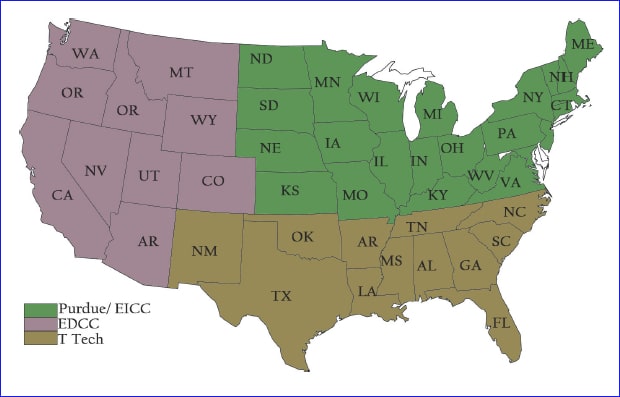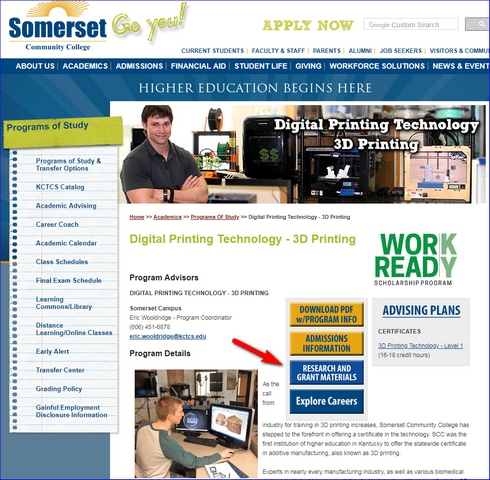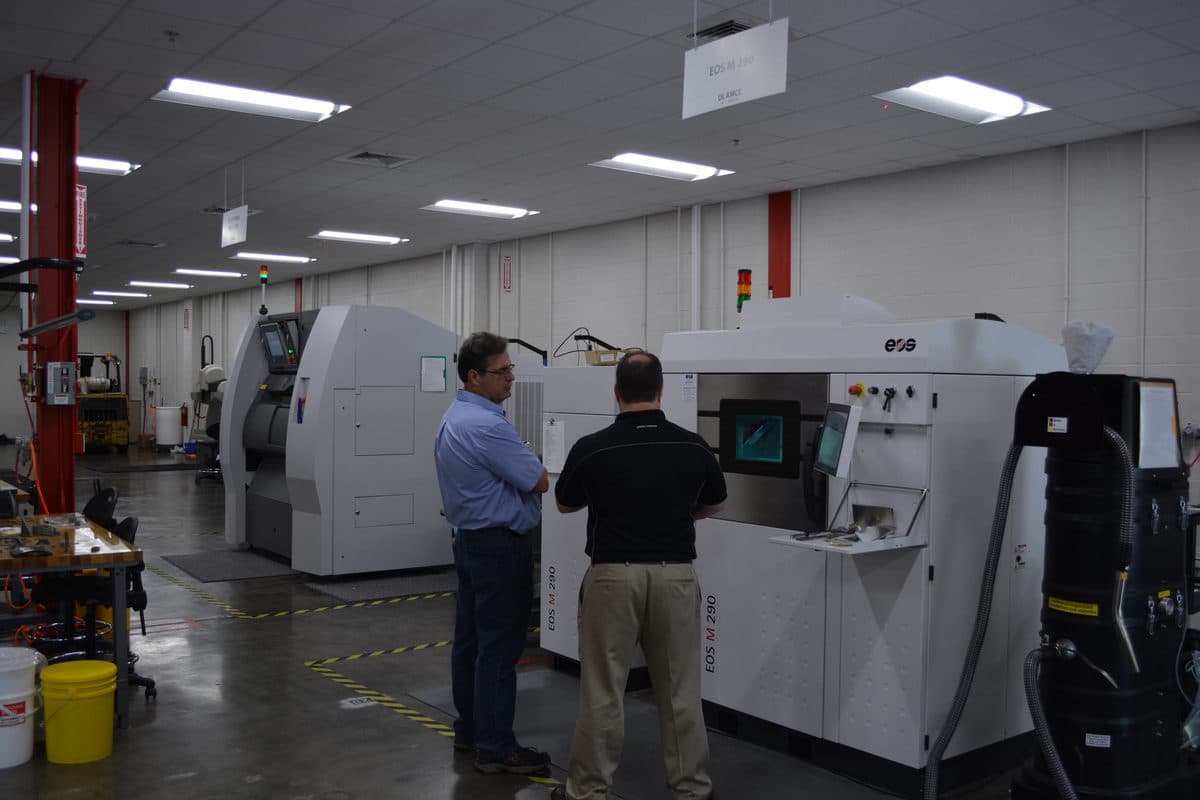The TEAMM project is hosting a two-day workshop on using virtual reality technology as a classroom tool. It will be hosted at Edmonds Community College on August 22 and 23 at Monroe Hall.
The 2-day workshop is sponsored by Manufacturing Education Using Virtual Environment Resources (MANEUVER), an NSF project, and will be covering VR-based digital manufacturing (DM) instruction modules.
This workshop is directed towards community college instructors and high-school teachers interested in digital manufacturing instruction using virtual reality tools and techniques. There is no fee to register; Washington State Clock Hours are available; and seating is limited.
- If you are interested to attend at Edmonds Community College, please contact Robin Ballard for the August 22-23 workshop in Washington. Here is the EventBrite invite page.
- If you are interested in the Purdue University workshop for July 17 – 18, contact Magesh Chandramouli.
- For the Tennessee Tech University (TTU) workshop on July 28 – 29, contact Ismail Fidan.
To learn more about how manufacturing and VR are coming together, here is a brief abstract (from the NSF grant page) of the work that Magesh Chandramouli is doing:
Project MANEUVER (Manufacturing Education Using Virtual Environment Resources) is developing an affordable virtual reality (VR) framework to address the imminent demand for well-trained digital manufacturing (DM) technicians. Over half of the 3.5 million required manufacturing positions in the US are expected to go unfilled due to a “skills gap”. Employment projections show a decline in conventional manufacturing jobs with marked growth in DM jobs. This VR instructional framework, targeted at two and four year programs, will not only advance the field of DM, but will also strengthen education by remedying the lack of clearly defined career/educational pathway(s) for entry-level DM technicians.
MANEUVER is developing an innovative multi-modal VR framework for DM instruction. This framework decouples the 3D DM database from functionalities, thus giving the instructional designer access through immersive, augmented, and desktop VR. Instead of pairing functionalities with the VR database, which prevents access by other modes, the decoupled approach allows for mode-independent approach, facilitating affordable access and broader implementation. The resultant curricular modules can be replicated for use on multiple machines without additional costs. During manufacturing process training, VR tools serve as a viable alternative offering a cost and material-efficient solution. Industry standard software and hardware is being used to develop and deliver advanced DM exercises for instructional and training purposes. Using a “train-the-trainers” approach, a replicable faculty development model is being developed for secondary and post-secondary institutions. By addressing regional and national entry-level workforce needs, the project benefits society and contributes to national economic progress and prosperity.
You can also read how The Facility is a partner of Purdue’s work: “VR Lab at The FACILITY Makerspace at Edmonds Community College.”
VR Lab at The FACILITY Makerspace at Edmonds Community College


